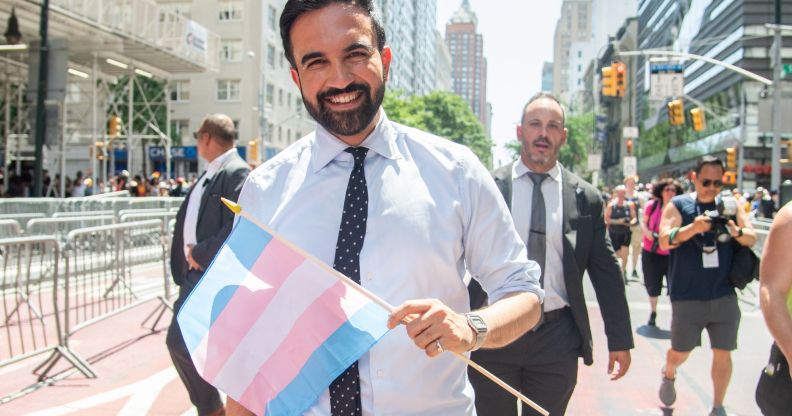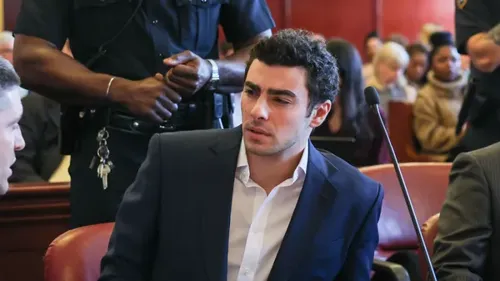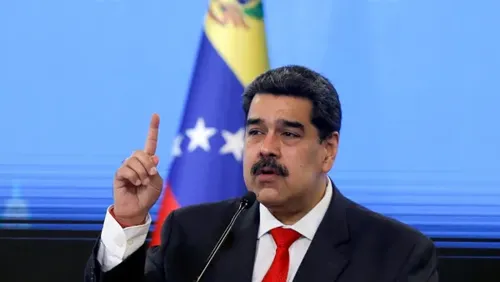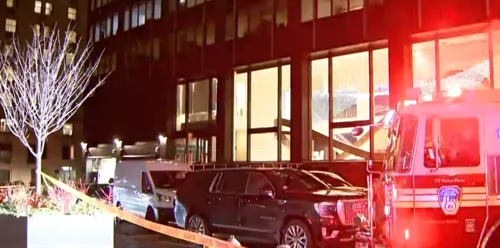Zohran Mamdani Pushes Bold Plan for LGBTQIA+ Liaisons Across New York City Schools
A Rising Mayoral Contender and His Controversial Vision
Zohran Mamdani, an avowed socialist and a leading candidate in New York City’s mayoral race, has already drawn attention with his promise to direct tens of millions in taxpayer funds toward gender-affirming medical care. Yet, another proposal from his platform has received far less public discussion—placing LGBTQIA+ “educational liaisons” in every public school across the city.
Expanding Roles Inside Schools
According to Mamdani’s LGBTQIA+ policy outline, just two liaisons currently serve the city’s 1,800 schools and roughly 900,000 students under the Department of Education. His plan would create a new Office of LGBTQIA+ Affairs, supported by $3 million in taxpayer funding. This office would expand staffing and ensure at least one liaison is positioned in every school district.
Critics argue these roles would likely advance affirmation-only gender policies, embedding what opponents describe as a “student-to-trans pipeline” and situating children in the center of contentious activism.
Overlapping Diversity Positions Already in Place
The Department of Education already requires every school to have designated staff for a range of issues. Current positions include a “respect for all” liaison, a sexual harassment prevention liaison, a gender and sexuality alliance staff liaison, and district-level Title IX liaisons.
To some, adding LGBTQIA+-specific educational liaisons represents an expansion of bureaucracy rather than addressing an unmet need. Opponents see this as part of a broader governance style that favors creating new administrative posts, often filled by political allies and activists.
Ideology, Parental Rights, and Accountability
Concerns have also emerged around parental rights and oversight. The scope of duties for these proposed liaisons remains vaguely defined, raising questions about the extent to which they might influence sensitive areas of student life and identity.
Response to Federal Restrictions
Mamdani’s platform takes shape partly in response to federal action earlier this year when restrictions were placed on certain gender-transition procedures for individuals under 19. While those measures remain tied up in court battles, Mamdani has pledged to make New York City a sanctuary for LGBTQIA+ individuals and families.
His plan would include a $65 million investment in public providers of gender-affirming care for both youth and adults, along with the creation of a centralized “Access Hub” to help patients connect with services.
Holding Hospitals Accountable
Mamdani has also vowed to hold private hospital systems accountable if they deny gender-affirming care to transgender youth. He argues such refusals violate existing state and city laws. His proposal includes public hearings, investigations, and possible legal action in coordination with the state attorney general and local prosecutors.
Strengthening School Guidelines
The policy platform commits to codifying the NYC Transgender and Gender Expansive Guidelines, requiring all schools under the Department of Education to respect students’ asserted identities. Current policies already allow schools, under certain circumstances, to withhold information about a student’s gender identity from parents if requested by the student.
These guidelines also ensure students can access restrooms, locker rooms, and sports participation consistent with their gender identity. Schools must provide reasonable alternatives—such as single-use facilities—only when requested for privacy.
National Implications Beyond New York
Mamdani’s rise is viewed by allies as part of a larger movement to push policies beyond city limits. Advocates have openly described New York as a launching pad for expanding gender-affirming care nationwide. Plans include using telehealth and prescription delivery to reach individuals in states where such treatments face restrictions.
While Mamdani’s campaign has distanced itself from some of these broader activist strategies, the vision remains clear—leveraging New York’s political and financial resources to create a nationwide model of free or taxpayer-supported gender-affirming care.
The Bigger Debate Ahead
At the heart of the controversy is the role of public schools in shaping children’s understanding of gender and sexuality. Supporters see liaisons as necessary advocates for vulnerable students, while critics warn of ideology-driven programming, weakened parental oversight, and the politicization of education.
As the mayoral race moves forward, Mamdani’s proposals promise to remain a flashpoint in New York City politics and beyond, highlighting the deep divide over the intersection of education, healthcare, and social policy.





COMMENTS (0)
Sign in to join the conversation
LOGIN TO COMMENT